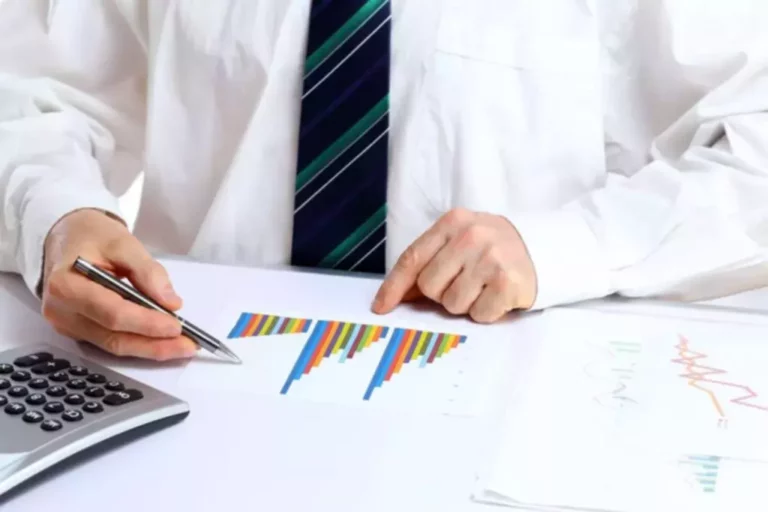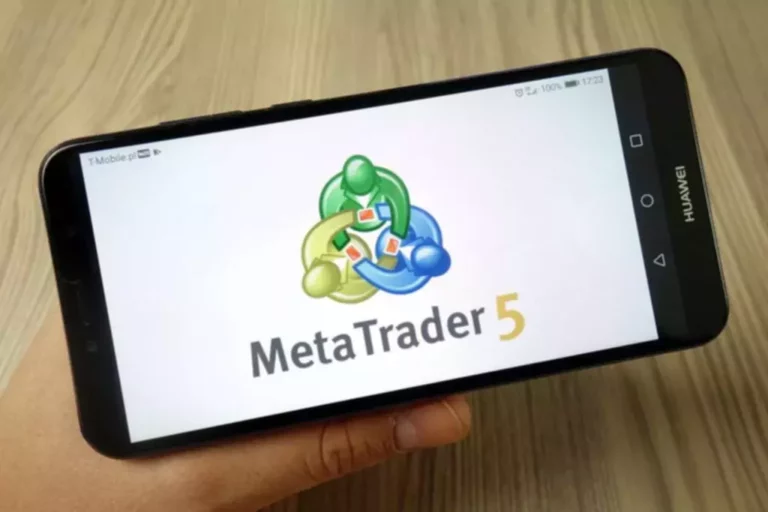What’s An A-book Dealer In Forex?
ECN accounts route your orders directly to the interbank market, where the orders get crammed. An STP account, on the opposite hand, typically has a couple of liquidity provider. These liquidity suppliers can be other the interbank market, STP brokers, or even ECN brokers.

On the other hand, well-established brokerages must evaluation their present strategy often to make sure it still suits their changing objectives. Shifting to a new model—like the B-Book model—may have advantages like increased price control and possibly improved profitability. Nonetheless, the affect on client relationships and the entire business strategy should be fastidiously thought of before making this determination.
Algorithmic Buying And Selling In Forex: How Ai Is Beating Human Traders
However, unpredictable market events can turn the tables, inflicting important losses for B-Book brokers. These challenges show the inherent risks of the B-Book model, proving that no business model is infallible in foreign forex trading. They direct your orders to liquidity suppliers, providing direct market access. In contrast to other dealer fashions, the A-Book system operates with none dealing desks, avoiding manipulation or price interference. This transparency is a large advantage for merchants who worth a straightforward and reliable relationship with their dealer. Importantly, A-Book brokers don’t act as the counterparty to the trades, meaning there isn’t any incentive for them to benefit from a trader’s losses—a widespread concern with B-Book brokers.
The broker sometimes makes a small fee or mark-up on the commerce for executing it. A dealing desk is a department inside a retail forex brokerage that’s responsible for matching and executing trade orders of their purchasers. A-Book brokers, also referred to as Straight-Through Processing (STP) brokers, function by instantly routing traders’ orders to the market without any intervention or battle of curiosity.
These orders are all fulfilled automatically at the trading stations within the dealing desks operated by the retail foreign exchange brokers. A-Book brokers may be a greater option for you if you value transparency, direct market entry, and prefer a no-conflict trading setting. If you prioritize acquiring the absolute best costs, fast and efficient order execution, and the power to commerce with multiple liquidity suppliers, A-Book brokers can offer you the benefits you search. Furthermore, if you have a better buying and selling quantity or favor variable spreads that may probably tighten throughout optimal market conditions, A-Book brokers could be a suitable choice. Merchants who are centered on buying and selling methods that require direct market access, corresponding to scalping or high-frequency buying and selling, may also profit from the choices of A-Book brokers. The Hybrid mannequin fuses A-Book brokers’ direct market access with B-Book brokers’ in-house execution.
Evolution Of Brokerage Models
Relying solely on commission and spread primarily based income can pose challenges for brokers as their earnings are extra closely linked to commerce volumes than the profits or losses from trades. In occasions Payment gateway of trading exercise or market standstill, brokers might face a lower in revenue flow, affecting their profitability. This limitation underscores the importance of constructing a consumer base and implementing consumer retention ways.

C-book Brokers: Understanding How They Operate
Reputation is vital in the extremely aggressive foreign exchange market, and brokers who fail to establish belief may wrestle to maintain up a powerful client base. Foreign Exchange brokers categorize merchants into A-book or B-book models primarily based on their buying and selling profile and behaviour. This categorization includes a set of standards that helps the broker determine the most acceptable danger administration technique for each dealer. Nevertheless, the notion of B-Book brokers having a battle of interest is a bit slender and doesn’t seize the whole image. Whereas it’s true that B-Book brokers might profit from their clients’ losses since they often take the alternative facet of consumer trades, their enterprise model isn’t solely focused on client losses. The choice between an A-Book and a B-Book broker finally is dependent upon a dealer’s particular person wants, buying and selling style, and risk tolerance.
The B-book brokerage model also has numerous simple advantages, that are as follows. As orders are processed on to the liquidity pool, merchants witness variable spreads. These spreads can be very tight when liquidity is excessive, however they will vary significantly during low-volume intervals.
That’s as a outcome of the shopper is coming into trades into an actual market, instead of a man-made one (possibly created by a Market Maker). In this model, costs are acquired from several market participants as an alternative what is a book vs b book of only one Dealer liquidity provider. This can result in better fills, tighter dealing spreads and more correct quotes. Especially when compared with the service supplied by a Forex Broker that has only a single supply for its quotations.
- The unfold is a price to the dealer but a income for the dealer on every trade, no matter its consequence or course.
- This swiftness and efficiency maintain significance for merchants using strategies like scalping, the place income typically stem from exploiting worth variations over a brief interval.
- Spreads are the hole between the ask and bid prices, whereas commissions are charges assessed for each deal.
- For instance, in a B-Book model, the dealer takes on more direct market risk as they are the counterparty to client trades.
The solutions that make our high 10 record excel in these areas whereas https://www.xcritical.in/ providing distinct benefits for different brokerage fashions. In the world of brokerage strict laws and moral guidelines play a humongous position. These institutions formulate and enforce rules that brokers should adhere to, ensuring transparency and fairness, and protecting the interests of merchants.
The dealer ended up with a loss against the LP, who ended up with an equal acquire. But…because the broker had offloaded its risk to the LP, the broker does not get to rejoice. The actuality is that the broker still takes the other side of Elsa’s trade. It’s important to level out that Elsa is still solely buying and selling together with her broker. This implies that her broker now has a short place of 3,000,000 EUR/USD.

When evaluating A-Book brokers and B-Book brokers, a number of elements come into play, each with its personal implications for merchants. Brokerage models come with their distinctive operational characteristics that deliver forth particular ethical dilemmas, especially regarding conflicts of curiosity and sustaining trust in broker-trader relationships. Each mannequin offers its set of benefits, drawbacks and operational processes influenced by the changing dynamics throughout the trading trade. Filippo Ucchino is the founder and CEO of the brand InvestinGoal and the proudly owning company 2FC Financial Srl.
